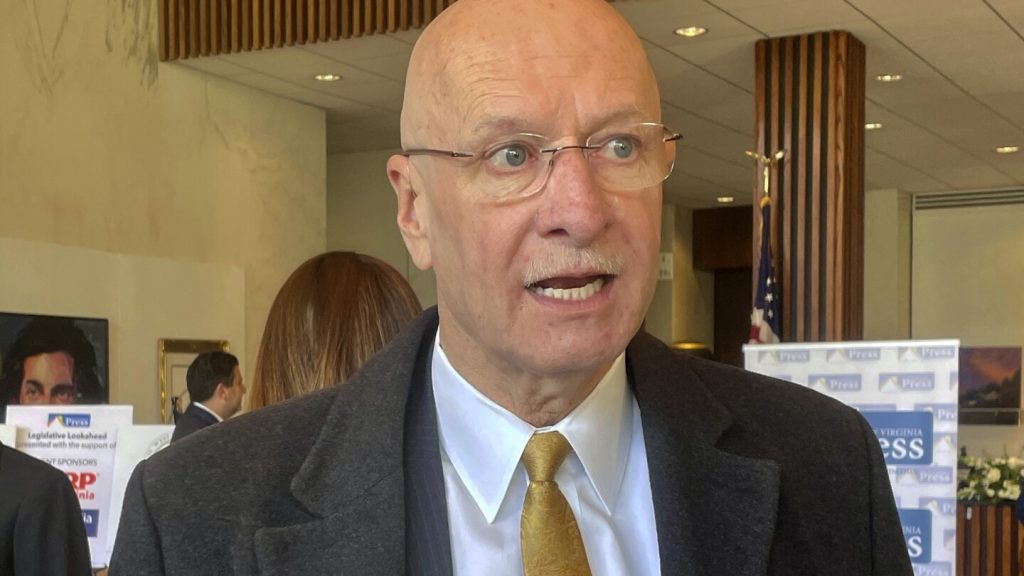Republicans in West Virginia made significant changes during Tuesday’s primary elections, ousting the state Senate president and an incumbent doctor who opposed party policy on school vaccination. In the eastern panhandle, U.S. Army Special Forces Green Beret veteran Tom Willis defeated Senate President Craig Blair, who had held the position since 2021. Another incumbent, State Health and Human Resources Chair Sen. Mike Maroney, was defeated by Chris Rose, a former coal miner and power utility company electrician. Maroney’s loss was due to his public opposition to a bill that would have allowed exemptions from required vaccinations for some students.
In West Virginia, vaccine requirements only allow medical exemptions, making it one of the few states with such restrictions. Maroney, a radiologist from Marshall County, was vocal about his opposition to the bill on the Senate floor, calling it an embarrassment and expressing concern about the impact on the state. The defeated incumbents, including Blair, Maroney, Sen. Robert Karnes, and Sen. Chandler Swope, faced challengers in the primary elections. At least four Republican incumbents in the House of Delegates also lost their primaries, signaling a shift within the party in the state.
Unaffiliated voters in West Virginia have been allowed to participate in Republican primaries since 1986, but this year marked the last time they could do so. The state GOP voted to close the primary to registered Republicans only starting in 2026. Voter participation in this year’s primary increased compared to previous years, possibly due to unaffiliated voters seizing their last opportunity to vote in the GOP primary. Rose, who defeated Maroney, had the support of West Virginians for Health Freedom, a group that advocates against vaccine mandates, reflecting a growing grassroots movement against such policies.
West Virginia law mandates vaccines for several diseases, including chickenpox, hepatitis-B, measles, meningitis, mumps, diphtheria, polio, rubella, tetanus, and whooping cough, with exceptions granted for medical reasons. The state does not require COVID-19 vaccinations. Supporters of Rose and groups like West Virginians for Health Freedom argue that families should have the ultimate say in vaccination decisions, not legislators. The defeat of Blair, a three-term Senate incumbent, and the emergence of Willis, a National Guard veteran and real estate attorney, signal a shift in the state’s political landscape.
The primary elections in West Virginia saw notable victories for challengers who stood against established party policies, particularly in the realm of vaccination requirements in schools. The defeat of Senate President Craig Blair and Health and Human Resources Chair Mike Maroney by newcomers like Tom Willis and Chris Rose points to a growing dissent within the Republican Party in the state. With voter participation increasing and changes on the horizon regarding primary election rules, West Virginia’s political landscape is witnessing a significant transformation. These results could have lasting implications for the state’s policies on vaccination and other contentious issues in the coming years.


